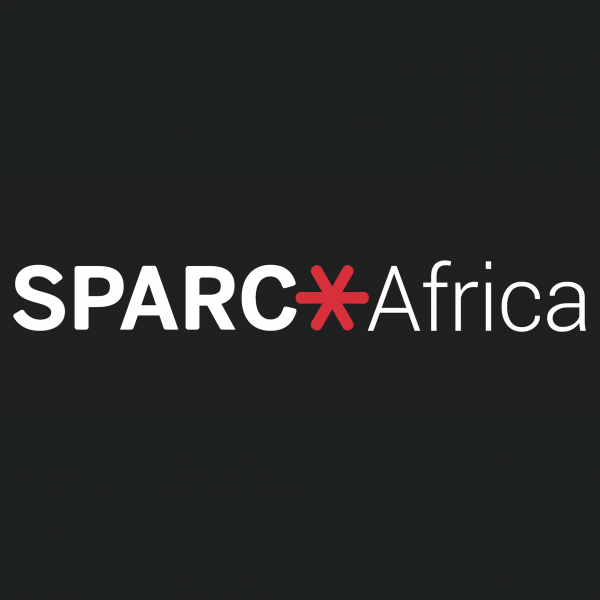Research production by Africans is being stifled by a number of negative influences and one of the more significant negative influence is limited access to scholarly information. This limited access has its roots, inter alia, in the steep rise in subscription costs on relatively minuscule subscription budgets. African researchers view open access as the release valve for improved access to scholarly information to support their research.
Exacerbating the subscription crisis is the fact that research on ‘African issues’ conducted by African and non-African researchers are published in an elite few North American and European journals. These journals, in the main, have high subscription costs which drastically reduce its circulation in Africa. These exorbitant subscriptions are bloated by horribly unfavourable exchange rates, inflation, economic recession and lack of resources. All of these factors collude to make much of the knowledge produced by Africans inaccessible to most Africans.
It is beyond debate that the removal of access barriers will significantly contribute to the acceleration of research production, it will enhance both the formal and informal education processes and there will be a culture of sharing learning. Thus the removal of access restrictions will make research findings available to everyone.
In search of facilitating improved access to information for the benefit to society and African research communities, the African information seeking communities are championing an alternative publishing model, namely all routes of open access. The perceived champion to activate this release valve is SPARC Africa which has been established using the founding principles of SPARC (North America).
SPARC Africa will prioritise creating a development forum to assist with capacity building and infrastructure development to open up the African continent’s scholarly output; making it accessible and discoverable to the international community.
SPARC Africa’s interim priorities are:
- capacity-building with a focus on developing training programmes to address open access activities, for example, the creation and management of repositories and publishing;
- adopting relevant open source software and developing a support base for the optimal utilisation of such software; and
- promoting the exchange of ideas and experience among members.
Membership to SPARC Africa is open to all academic and research institutions, library and information profession associations, funding bodies, student representative organisations and parastatal organisations in Africa. For more on the goals of SPARC Africa, please consult the interim constitution.
